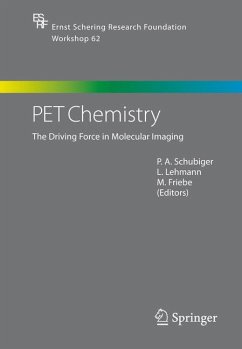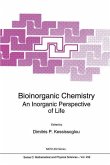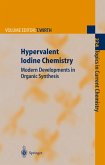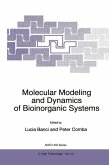Personalized medicine employing patient-based tailor-made therapeutic drugs is taking over treatment paradigms in a variety of ?elds in oncology and the central nervous system. The success of such therapies is mainly dependent on ef?cacious therapeutic drugs and a selective imaging probe for identi?cation of potential responders as well as therapy monitoring for an early bene?t assessment. Molecular imaging (MI) is based on the selective and speci?c interaction of a molecular probe with a biological target which is visualized through nuclear, magnetic resonance, near infrared or other methods. Therefore it is the method of choice for patient selection and therapy monitoring as well as for speci?c e- point monitoring in modern drug development. PET (positron emitting tomography), a nuclear medical imaging modality, is ideally suited to produce three-dimensional images of various targets or processes. The rapidly increasing demand for highly selective probes for MI strongly pushes the development of new PET tracers and PET chemistry. 'PET chemistry' can be de?ned as the study of positron-emitting compounds regarding their synthesis, structure, composition, reactivity, nuclear properties and processes and their properties in natural and - natural environments. In practice PET chemistry is strongly in?uenced by the unique properties of the radioisotopes used (e. g. , half-life, che- cal reactivity, etc. ) and integrates scienti?c aspects of nuclear-, organic-, inorganic- and biochemistry.
Dieser Download kann aus rechtlichen Gründen nur mit Rechnungsadresse in A, B, BG, CY, CZ, D, DK, EW, E, FIN, F, GR, HR, H, IRL, I, LT, L, LR, M, NL, PL, P, R, S, SLO, SK ausgeliefert werden.









